

As your accrue a credit history, you create the financial trajectory of your life. But let’s face it: it’s much easier to kill your credit score than it is to re-build it. Whether you damage your rating through ignorance or by simply making poor decisions, you’re going to suffer the consequences.
Here are some of the most common ways to shoot your credit score in the foot:
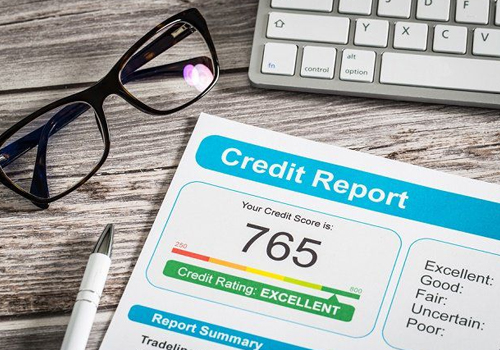
1) Fail to monitor your credit reports and report errors
Equifax, Experian and TransUnion are the three major credit reporting agencies. They often contain mistakes in your history. It’s up to you to report errors and report changes to all three agencies.

2) Default on loans
Easily the most serious credit killer-defaulting on credit cards or loans-can slash your score by 100 points. Don’t assume debt you know you can’t pay off by wishfully hoping for a better future income. A bankruptcy or home foreclosure is a complete credit crusher.

3) Make late payments
Running up a history of making late payments on debt can crater your credit score. Some 35 percent of your score is based on payment history.
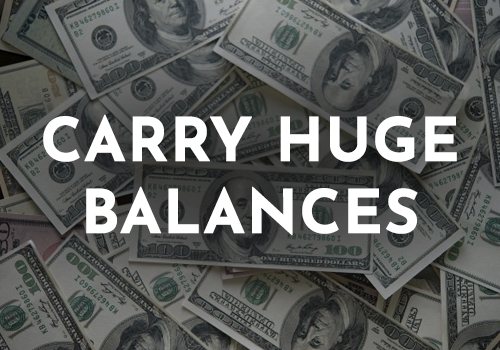
4) Carry huge balances
Big balances increase your credit utilization ratio-the total percentage of your usable credit limit-and warns lenders that you’re a risk
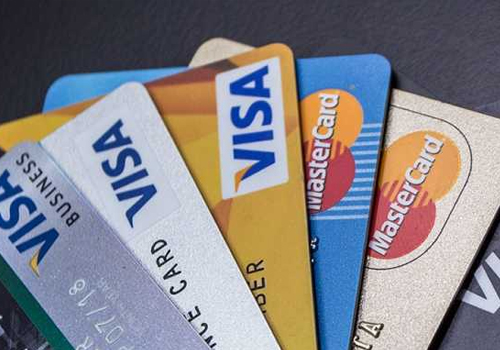
5) Open too many credit card accounts
If you’re one of those consumers who snatches up handfuls of store credit cards during the holidays in order to obtain in-store offers, you might find as much as 30 points lopped off your score. Your would-be new lenders all ask for credit scores and your rating goes Kerplunk. Yes, it’s good for your credit to have a couple of cards that you regularly use and pay down, but too many raises red flags.

6 ) Co-sign loans for your family members
As a co-signer, you assume co-responsibility for defaults and late payments by family members. If the car or items purchased with the loans are repossessed, welcome to a world of credit hurt.

7) Close credit card accounts
The lower your credit card utilization (creditused divided by available credit), the better your credit score. Closing credit accounts lowers the total amount of credit available to you and can negatively impact your credit utilization ratio. It’s a quick way to max out your existing credit and put you in a category of higher loan interest rates going forward.
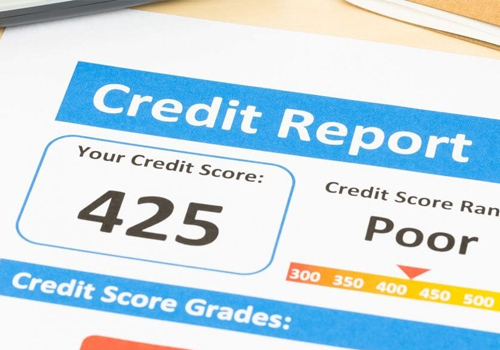
8) Miss “trivial” details
You forgot to pay a few parking tickets, so what? You moved to a new town without paying off tour library fines, or you misplaced the closing utility bill. Not important? Yes they are. If these and other loose end items are sent to collections, you can watch your scores plummet. And don’t forget any bank accounts you’ve depleted, but haven’t closed. If the bank applies penalties on delinquent account fees or sends the account to collections, your credit scores can take a surprise hit of ten or 20 quick points. BE RESPONSIBLE!
Whether your damaged credit score is a result of poor financial management or through common mistakes that many consumers make, it will impact your future. Remember that paying strict attention to details, large and small, can help prevent a disaster.
Your Referrals Help Save Children From Cancer
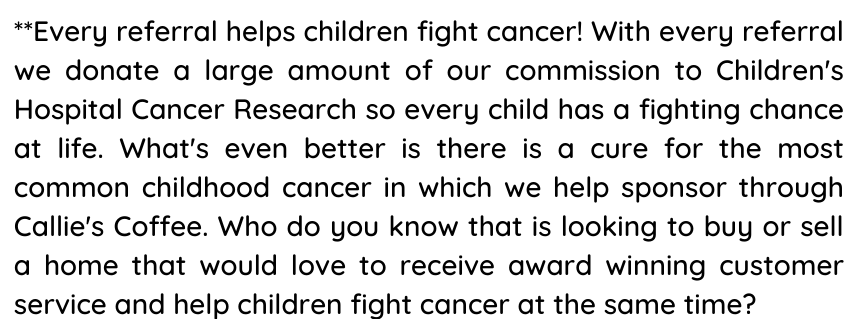

If you have questions, please contact us:
Typically replies within 24 hours
Contact Us



You agree to receive property info, updates, and other resources via email, phone and/or text message. Your wireless carrier may impose charges for messages received.
You may withdraw consent anytime. We take your privacy seriously.
©1998-2025 (All Rights Reserved) Bentley Properties




